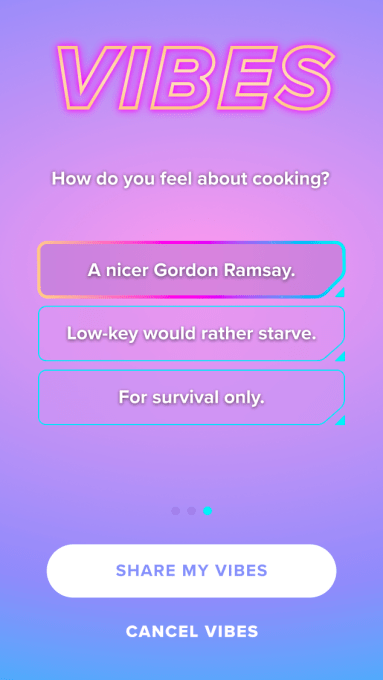There’s no shortage of commentary around the chief marketing officer title these days, and certainly no lack of opinions about the role’s responsibilities and meaning within a company. There’s a reason for that. CMO is the shortest tenured C-suite role — the average tenure of a CMO is the lowest of all C-suite titles at 3.5 years.
CMOs either produce the numbers or we find another job.
That’s because the chief marketing officer’s role is increasingly complex. Qualifications require broad, strategic thinking while also maintaining tactical acumen across several functions. There’s a big disparity in what companies expect from CMOs. Some want a strategist with an eye for go-to-market planning, while others want a focus on close alignment with sales in addition to brand awareness, content strategy and lead generation.
Still other companies want their CMO to emphasize product marketing and management. Ask 10 CMOs how they define their role and you’ll get 10 different answers.
So, I’m sharing my honest, straight from the mouth of a tenured CMO take on what the role actually means, plus the key attributes of today’s modern CMO.
We must be the Master Builder
Hat tip to “The Lego Movie” for this analogy. Today’s marketing executives must bring functions and teams together. From sales and marketing alignment to product and everything in between, chief marketers are the connective tissue between every function. Driving alignment between these functions is table stakes.
Same goes for people teams and culture — I’ve experienced an increase in CMOs serving as the linchpin of a company’s culture. My CEO lives by the famous phrase “culture eats strategy for breakfast” and driving culture alignment now sits squarely on marketing’s shoulders.
Consistently drives new opportunities
Ah, demand generation. Driving new opportunity creation will continue to be a top priority for CMOs, of course. I’m not sharing anything new here, but the stakes are higher. CMOs either produce the numbers or we find another job. Doesn’t get any more straightforward than that. But, simply generating leads to check a box doesn’t cut it in board rooms anymore.



